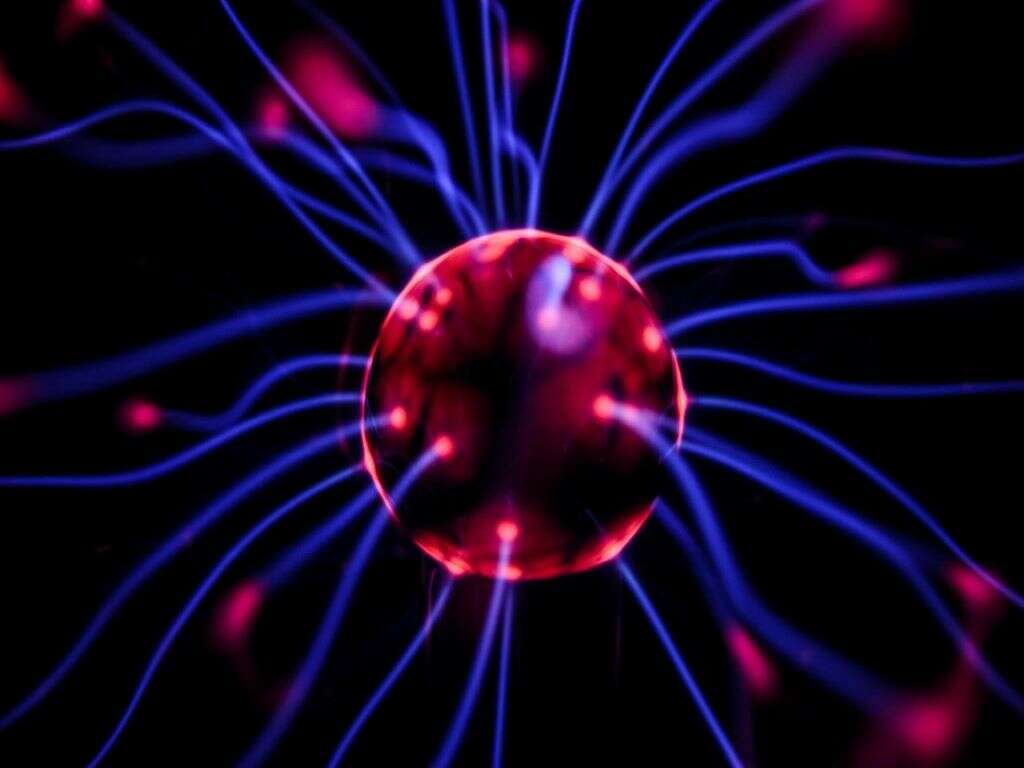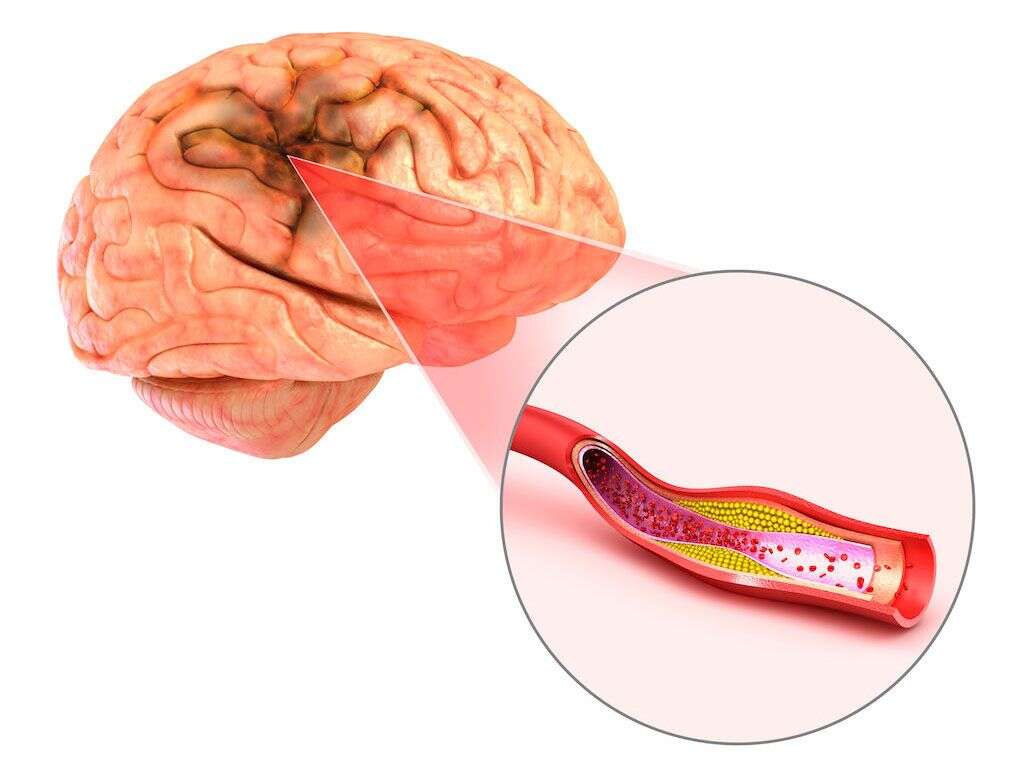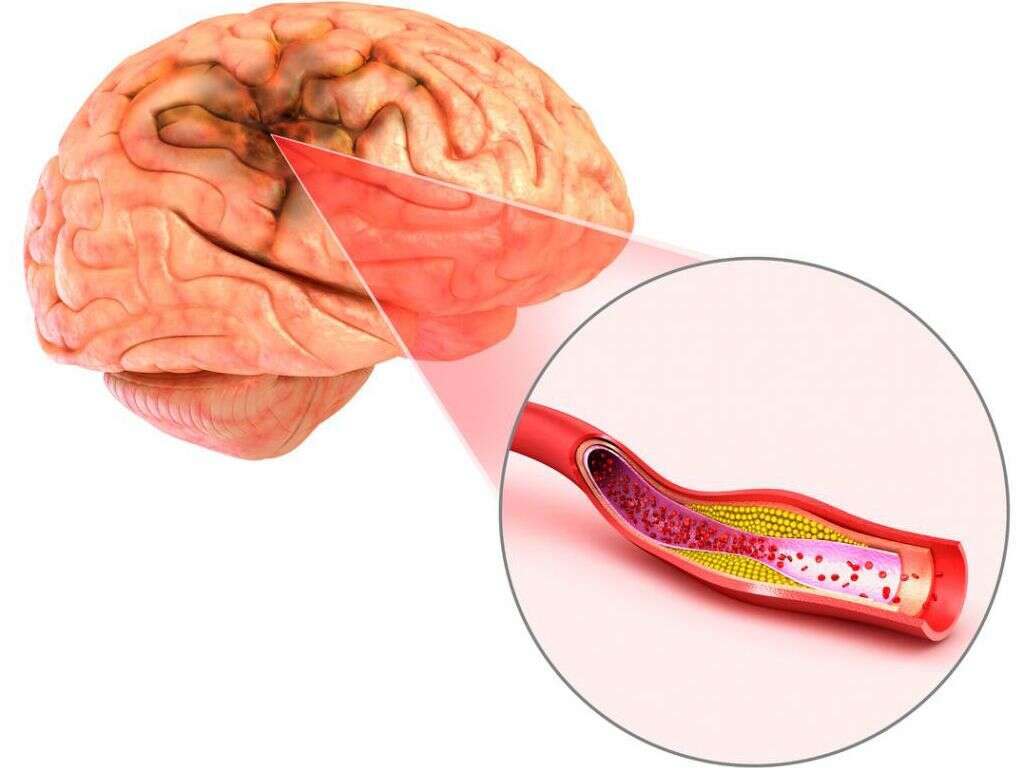10 Seizure Symptoms
 Article Sources
Article Sources
- 1. 'Seizure First Aid.' Centers for Disease Control and Prevention, 10 Jan. 2019, www.cdc.gov/epilepsy/about/first-aid.htm
- 2. 'Seizures.' MedlinePlus - Health Information from the National Library of Medicine, medlineplus.gov/ency/article/003200.htm
- 3. 'Epilepsy - Symptoms.' Nhs.uk, 23 Oct. 2017, www.nhs.uk/conditions/epilepsy/symptoms
Seizures are caused by abnormal electrical activity temporarily affecting the brain. When people picture seizures, they may imagine a person collapsing and convulsing. Those types of seizures are known as tonic-clonic seizures. There are also other types of seizures, and an estimated 1 in 10 people will have some type of seizure in their lifetime.1‘Seizure First Aid.’ Centers for Disease Control and Prevention, 10 Jan. 2019, www.cdc.gov/epilepsy/about/first-aid.htm
While not all seizures are dangerous, they can be a symptom of various underlying conditions. They cause distress and interfere with daily life. People with more subtle symptoms can spend years having frequent seizures that go unrecognized. Identifying these seizures may be the first step in managing them.2‘Seizures.’ MedlinePlus - Health Information from the National Library of Medicine, medlineplus.gov/ency/article/003200.htm

Unsettling Feelings
Some people who have seizures describe feelings and sensations that provide a warning that a seizure may be coming, also known as an aura. Some of these symptoms can be a type of seizure in their own right, called a focal or simple partial seizure.
A person may have a sudden mood swing, becoming extremely happy or afraid for no logical reason. They might have a sense of deja vu or an odd apprehension that's difficult to describe. There could be a swooping sensation in their stomach, like being on a roller coaster. It's common for people to be conscious during this time.3‘Epilepsy - Symptoms.’ Nhs.uk, 23 Oct. 2017, www.nhs.uk/conditions/epilepsy/symptoms

Unusual Sensations
During a focal seizure or in the time just before a person loses consciousness, they may notice a strange bitter or metallic taste. Sometimes they notice smells that don't seem to be coming from the actual area around them. Spots, flashing lights or wavy lines may appear in front of their eyes.2‘Seizures.’ MedlinePlus - Health Information from the National Library of Medicine, medlineplus.gov/ency/article/003200.htm
These sensations are caused by the firing of electrical signals in the brain and are still considered part of a seizure, although they may be followed by more extreme symptoms.3‘Epilepsy - Symptoms.’ Nhs.uk, 23 Oct. 2017, www.nhs.uk/conditions/epilepsy/symptoms

Tingling and Stiffness
Many people have had their foot or hand fall asleep after hours of sitting in a cramped position or sleeping funny. However, if a person is experiencing tingling or stiff limbs with no typical explanation, it could be a sign that something is happening in the brain.
As a seizure begins, the nerve signals sent by the brain to the limbs can be affected. This can show up as tingling in the arms and legs or stiffness and twitching in the hands.3‘Epilepsy - Symptoms.’ Nhs.uk, 23 Oct. 2017, www.nhs.uk/conditions/epilepsy/symptoms

Nausea and Dizziness
Part of the aura many people describe before a seizure is a sense of vertigo, or a feeling that the room is spinning. It could be mild or strong enough that it's hard to walk properly. A person may also experience nausea.2‘Seizures.’ MedlinePlus - Health Information from the National Library of Medicine, medlineplus.gov/ency/article/003200.htm
These are sometimes called warning symptoms. A person who has had seizures before may recognize these signs and begin preparing for further symptoms. It can be scary to see a person having a seizure, but it's important to remain calm.1‘Seizure First Aid.’ Centers for Disease Control and Prevention, 10 Jan. 2019, www.cdc.gov/epilepsy/about/first-aid.htm

Falling to the Ground
In a tonic or tonic-clonic type of seizure, the muscles in a person's body suddenly become stiff. Atonic seizures have the opposite impact, where the muscles suddenly relax. This is caused by electrical signals interfering with the brain's usual control over the muscles.2‘Seizures.’ MedlinePlus - Health Information from the National Library of Medicine, medlineplus.gov/ency/article/003200.htm
In both cases, a person could lose their balance and fall to the floor. They may get up again quickly, or they could be unable to move for several minutes. Easing the person to the ground can help prevent injuries.1‘Seizure First Aid.’ Centers for Disease Control and Prevention, 10 Jan. 2019, www.cdc.gov/epilepsy/about/first-aid.htm

Convulsions
In a clonic or tonic-clonic seizure, the muscles rapidly contract, and the person may shake and jerk uncontrollably. If they went stiff before, convulsing or shaking could start suddenly on its own.3‘Epilepsy - Symptoms.’ Nhs.uk, 23 Oct. 2017, www.nhs.uk/conditions/epilepsy/symptoms
A loved one watching this type of seizure may feel the urge to hold the person down, but that isn't safe. Instead, place the person on their side and remove glasses, ties and any nearby object that could break or harm them. Stay nearby and wait for the seizure to pass.1‘Seizure First Aid.’ Centers for Disease Control and Prevention, 10 Jan. 2019, www.cdc.gov/epilepsy/about/first-aid.htm

Loss of Body Control
Many types of seizures cause a person to lose consciousness. When having a seizure, people can't control the sensations and movements they're experiencing, and in many cases, they aren't aware that it's happening.
During the seizure, they may drool or make grunting noises. They may lose control of their bodily functions and urinate or have a bowel movement, and they may even stop breathing temporarily. After the seizure ends, the person may be confused or embarrassed. Avoiding judgment and remaining calm can help.2‘Seizures.’ MedlinePlus - Health Information from the National Library of Medicine, medlineplus.gov/ency/article/003200.htm

Random, Repetitive Movements
A person having an absence seizure or complex partial seizure can remain upright and even appear to be conscious. The body movements of someone having this type of seizure may look intentional. They may repeatedly pick at clothes, chew and swallow, rub their hands or smack their lips.
During these seizures, the person can't consciously stop or respond to the people around them. They have no more control over their movements than a person having a tonic-clonic type of seizure.3‘Epilepsy - Symptoms.’ Nhs.uk, 23 Oct. 2017, www.nhs.uk/conditions/epilepsy/symptoms

Loss of Time
Absence seizures can be difficult to spot. People who are prone to this type of seizure may be accused of daydreaming or not paying attention because they're staring blankly into space. However, it's still a seizure, and it's just as involuntary as any other type.
This type is common in children, but people of all ages can have absence seizures. If a person is frequently losing time, even without noticeable symptoms, it's a good idea to talk with a doctor.3‘Epilepsy - Symptoms.’ Nhs.uk, 23 Oct. 2017, www.nhs.uk/conditions/epilepsy/symptoms

Repeated Seizures
In most cases, seizures of all types pass on their own. See a doctor after the first seizure or if experiencing a different type of seizure than usual. Individuals who have regular seizures require one or more medications.
There's status epilepticus, a condition that can lead to permanent brain damage and death if left untreated. When a seizure lasts longer than five minutes or a person has multiple seizures in a row without regaining consciousness, it's status epilepticus, a medical emergency.3‘Epilepsy - Symptoms.’ Nhs.uk, 23 Oct. 2017, www.nhs.uk/conditions/epilepsy/symptoms











